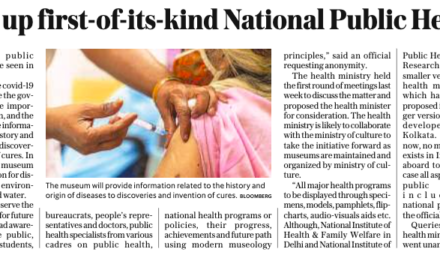Ever wondered why heart ailments, especially among men, remain a persistent issue in our society? Cardiovascular disease (CVD) casts a long shadow, threatening the lives of countless individuals in the U.S. and globally. While it is a navigable and preventable health concern, timely detection of risk factors like high cholesterol and hypertension is critical. Alarmingly, a staggering 75% of young adults with risk factors are unaware of their conditions, leading to a growing crisis in heart health.
Gender Norms and Men’s Heart Health
A recent study from the University of Chicago reveals an unexpected link between adherence to traditional gender norms and the likelihood of diagnosis and treatment for cardiovascular disease risk factors. The study, titled “Male Gender Expressivity and Diagnosis and Treatment of Cardiovascular Disease Risks in Men,” indicates that boys and men who align closely with stereotypical gender norms are less likely to report having received diagnoses or treatment for cardiovascular risk factors. This insight deepens existing research suggesting that societal pressures to conform to traditional masculinity can foster harmful health behaviors, including substance abuse and rejection of medical advice.
Dr. Nathaniel Glasser, a general internist and pediatrician at UChicago Medicine, and lead author of the study, states, “It’s well known that male gender and male sex are associated with lower help-seeking for a range of health conditions, especially mental health and primary care.” However, he notes that prior studies have not fully explored the social processes that create male gender identity through the interplay between individuals and their environments.
Using data from Add Health, a longitudinal study featuring health measurements and survey responses from over 12,300 individuals from 1994 to 2018, researchers employed novel measurement techniques to examine the relationship between gender expression and cardiovascular disease prevention.
The Concept of Gender Expression
Dr. Glasser emphasizes that their focus on gender expression does not pertain to physiological aspects influenced by chromosomes but rather to self-reported behaviors, preferences, and beliefs that align with those of same-gendered peers. The findings indicate that men who exhibit more traditional gender behaviors are significantly less likely to receive professional communication regarding cardiovascular disease risk factors and are also less likely to undergo treatment, even after receiving diagnoses.
Implications for Healthcare Providers
These insights have important implications for healthcare providers. Understanding how gender expression influences health-related behaviors calls for an approach to cardiovascular care that considers the social and cultural aspects of gender. Tailoring health messages to resonate with men’s experiences could encourage them to engage with healthcare services without compromising their gender identity.
By bridging the gap between diagnosis and treatment, providers can potentially mitigate cardiovascular disease risks in this demographic.
Future Research Directions
Future studies should aim to broaden our understanding of how gender dynamics influence health outcomes beyond cardiovascular health. Investigating how traditional gender norms affect other risk behaviors could inspire cross-disciplinary research encompassing sociology, psychology, and medicine. Longitudinal studies involving diverse populations can refine these findings, offering broader perspectives on gender and health interaction.
Such research not only enhances our understanding of male health behaviors but also informs policies and interventions designed to create an inclusive and effective healthcare system.
The Role of Social Pressures
This pattern underscores a critical missed opportunity for preventing severe cardiovascular conditions. Dr. Glasser warns, “Our hypothesis is that social pressures are leading to behavioral differences that impact cardiovascular risk mitigation efforts, which is concerning because it could lead to worse long-term health outcomes.”
The implications of this research extend beyond traditional masculinity, highlighting how pressures to conform to identities—be they gender, race, sexuality, or otherwise—can profoundly influence health behaviors. As we contemplate these findings, one can’t help but wonder: Would a more accepting and understanding society improve overall health outcomes?
The study is published in the journal JAMA Network Open.












